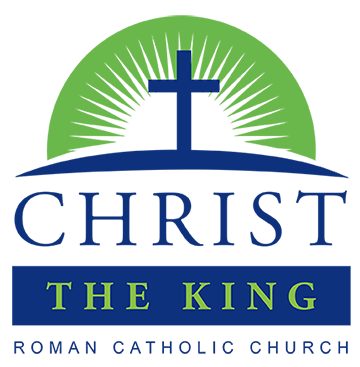The Catholic Church in the US is in the middle of a three-year Eucharistic Revival. The purpose is to strengthen Catholics’ faith in the sacrament of the Eucharist. We are now in the second year of the revival, which is focused on parish efforts. This page belongs to one of those parish efforts, a four part series on the Eucharistic Prayers.
Eucharistic Prayer II (EP II) is the shortest of the four options and is really only appropriate for weekdays (“daily Mass”). Like EP III, it was written during the reforms of the Second Vatican Council (1962-1965). However, some parts of EP II and EP III date to the third and fourth centuries.
EP II begins with a beautiful image for God: “the fount of all holiness.” The image is inspired by Psalm 36:9: “For with thee is the fountain of life; in thy light do we see light.”
EP II contains an unusual metaphor: “Make holy, therefore, these gifts, we pray, by sending down your Spirit upon them like the dewfall….” Dew, being moisture, is a very good thing to people in the wilderness, so in the Old Testament “dew from heaven” is a metaphor for spiritual blessings. There is no greater blessing than the Eucharist, the greatest of the seven sacraments.
The words of institution – recalling Jesus’ action at the Last Supper to “institute” the sacrament of the Eucharist – state that Jesus “entered willingly into his Passion.” This accords with John 10:18: “No one takes it from me, but I lay it down of my own accord.” Although the narrative varies slightly, Jesus’ words are the same across all four Eucharistic Prayers (EPs). However, the words are not found verbatim in Scripture but rather combine phrases from Jesus’ words in Matthew 26:26-29 and 1 Corinthians 11:23-26.
After the words of institution, the priest says or sings, “The mystery of faith.” Faith is indeed mysterious because although we talk about Christian doctrines like the Trinity and the Incarnation, their definitions do not fully reveal God, whose Being surpasses human understanding.
Then the assembly sings one of three memorial acclamations, which are common to all the EPs. The first and second options are based on 1 Corinthians 11:26: “For as often as you eat this bread and drink the cup, you proclaim the Lord’s death until he comes.” The third one – “Save us, Savior of the world, for by your Cross and Resurrection you have set us free” – is vaguely familiar to those of us who pray the Stations of the Cross during Lent.
The phrase “bread of life and chalice of salvation” comes from Scripture: “I am the bread of life” in John 6:48 and “I will lift up the cup of salvation” in Psalm 116:13.
“Fallen asleep” is a beautiful image used by ancient Christians for death, maybe inspired by Jesus’ words in the story about the raising of Lazarus (cf. John 11:11). The phrase “and all who have died in your mercy” follows mention of those “who have fallen asleep in the hope of the resurrection” to express hope that even nonbelievers can be saved by God’s mercy.
